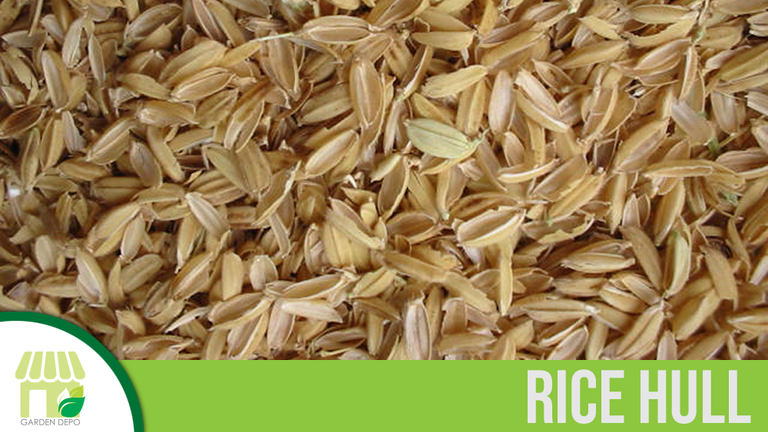Gardening with rice hulls has become increasingly popular among gardeners in recent years. As a byproduct of rice production, rice hulls are a sustainable and affordable solution for improving soil health and plant growth. In this article, we'll explore the benefits of using rice hulls in gardening, as well as how to use them effectively in your garden. Whether you're a seasoned gardener or just starting out, incorporating rice hulls into your gardening routine can help to maximize your gardening success.
Topic Outline
- What is a Rice Hull?
- What Are the Benefits of Rice Hull in Gardening?
- Ways to Use Rice Hull in Gardening
- What is the PH of Rice Hull?
- Pros and Cons of Using Rice Hull in Gardening.
- Where to Buy Rice Hull.
What is a Rice Hull?
A rice hull, also known as rice husk, is the protective outermost layer of a rice grain. It is a hard, fibrous, and inedible material that is removed during the milling process of rice. Rice hulls are a byproduct of rice production and are typically considered a waste material.
Rice hulls have several industrial uses, including as a fuel source for power generation, insulation material, and as an ingredient in animal feed. They are also used in the production of various products such as cement, insulation boards, and biofuels.
Rice hulls are rich in silica, which makes them a valuable resource for the production of silicon and silicon-based products. Additionally, they have low moisture content, making them an ideal fuel source for boilers and power plants. The use of rice hulls as a fuel source has several environmental benefits, including reducing greenhouse gas emissions and reducing the dependence on fossil fuels.
What Are the Benefits of Rice Hull in Gardening?
Rice hulls have several benefits when used in gardening. Here are some of them:
Improved soil aeration: Rice hulls are lightweight and porous, which means they can improve soil aeration and drainage. When mixed into the soil, they help to create air pockets that allow water and nutrients to flow more freely through the soil.
Weed suppression: Rice hulls can be used as a mulch to suppress weed growth in garden beds. They create a physical barrier that prevents weed seeds from germinating and growing.
Moisture retention: Rice hulls can also help to retain moisture in the soil. They absorb water and release it slowly, which can help to keep plants hydrated during periods of drought.
pH neutral: Rice hulls have a neutral pH, which means they won't change the pH of the soil. This is particularly beneficial for gardeners who are trying to maintain a specific pH range for their plants.
Organic matter: Rice hulls are an organic material that can help to improve soil structure and fertility. As they decompose, they release nutrients into the soil that are beneficial for plant growth.
Pest control: Some gardeners have found that rice hulls can help to deter certain pests, such as slugs and snails, from feeding on plants. The sharp edges of the rice hulls can be uncomfortable for these pests to crawl over, which may help to keep them away.

